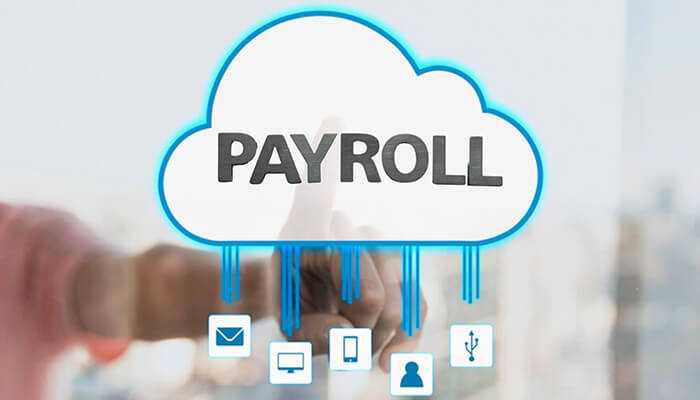Bitcoin isn’t just for tech enthusiasts and day traders anymore—it’s shaking up the real estate market, too! From luxury homes to commercial properties, more people are exploring how this digital currency can make transitions smoother and quicker. But is Bitcoin in real estate a game-changer or just a passing trend? Let’s dive into how it’s being used and what this could mean for buyers and sellers alike. With thecryptogenius.io guides you to experts who analyze the evolving intersection of digital currencies and property markets.
Market Volatility and Its Impact on Property Valuations
Bitcoin prices can swing like a pendulum—one minute, it’s soaring, and the next, it’s plummeting. This volatility makes things interesting when you’re using it for real estate transactions. Imagine agreeing to buy a house for 10 Bitcoin. Today, that might be worth $300,000, but if Bitcoin’s value drops overnight, you could end up paying way less in dollars. It sounds like a steal, but this unpredictability can make sellers nervous. They might end up losing money if the Bitcoin they receive loses value before they can convert it to cash.
But what about when Bitcoin’s value goes up? It’s like finding a twenty in an old coat pocket! Sellers could pocket more than they expected. For buyers, though, it’s like getting caught in a downpour without an umbrella—suddenly, the property costs much more than they budgeted for.
Some folks try to sidestep this by using stablecoins, which are tied to regular currencies like the dollar, but they lose out on the potential upside of Bitcoin’s gains. It’s a bit of a gamble, like trying to predict the weather a week out.
Here’s a thought: Should real estate agents start hiring crypto experts to forecast these shifts? Or maybe some kind of Bitcoin insurance could help cushion the blow. Always consult with financial experts if you’re thinking of mixing Bitcoin and real estate—it’s not just a walk in the park.
Legal and Regulatory Hurdles Across Different Jurisdictions
Navigating the legal waters of Bitcoin real estate transactions can feel like trying to read a map in a foreign language—every place has its own rules, and they can change faster than a traffic light. In some countries, you might find it smooth sailing. In others, it’s like walking through a maze blindfolded. Regulations are the invisible hand steering this ship, and they can range from “Bitcoin-friendly” to “Bitcoin? What’s that?”
For instance, in the United States, tax laws treat Bitcoin as property, not currency. That means every time you use it to buy something—even a house—you could trigger a taxable event. So, if your Bitcoin’s value has gone up since you bought it, you might owe capital gains tax. Imagine getting hit with a surprise bill just for making a purchase—kind of like ordering dessert without asking the price!
On the flip side, some countries have embraced Bitcoin with open arms, hoping to attract tech-savvy investors. But watch out—these rules can flip on a dime.
Here’s a question for you: How much legal red tape would you wade through to buy your dream house with Bitcoin? The key takeaway: always get local legal advice before diving into a Bitcoin property deal. Laws are like the weather; they’re always changing, and you don’t want to get caught in the rain.
Security Concerns: Protecting Against Cyber Threats and Fraud

Buying a house with Bitcoin isn’t just a question of price—it’s a matter of keeping your investment safe from digital bandits. Think of your Bitcoin wallet like a regular wallet, but instead of pickpockets, you’re up against hackers who could swipe your funds with a few keystrokes. Cybersecurity in Bitcoin transactions is like setting up a fortress around your money.
Ever heard of a “phishing” scam? It’s when a hacker sends you a fake email that looks like it’s from your bank or wallet provider. You click on the link, enter your details, and bam—your Bitcoin’s gone. It’s the digital equivalent of leaving your keys in the car with the engine running.
Multi-signature wallets are one way to up your game. Think of them like having multiple locks on your front door—unless all parties approve the transaction, the Bitcoin stays put. And let’s not forget the importance of a strong password. If “password123” is still your go-to, it’s time for a change.
Wondering how to stay safe while diving into crypto real estate? The answer might be simpler than you think. Always use reputable platforms, keep your private keys secure, and, most importantly, never share your wallet information. Consulting with a cybersecurity expert isn’t just a good idea; it could be the difference between a smart investment and an expensive mistake.
Conclusion
As Bitcoin continues to evolve, its role in real estate could become more prominent. While the potential benefits are clear—speed, lower fees, and global reach—the risks shouldn’t be ignored. Whether you’re a buyer looking to diversify or a seller wanting to tap into a new market, understanding Bitcoin’s impact is crucial. Always research and consult experts to navigate this bold, new frontier of real estate.
Source: Cosmo Politian











